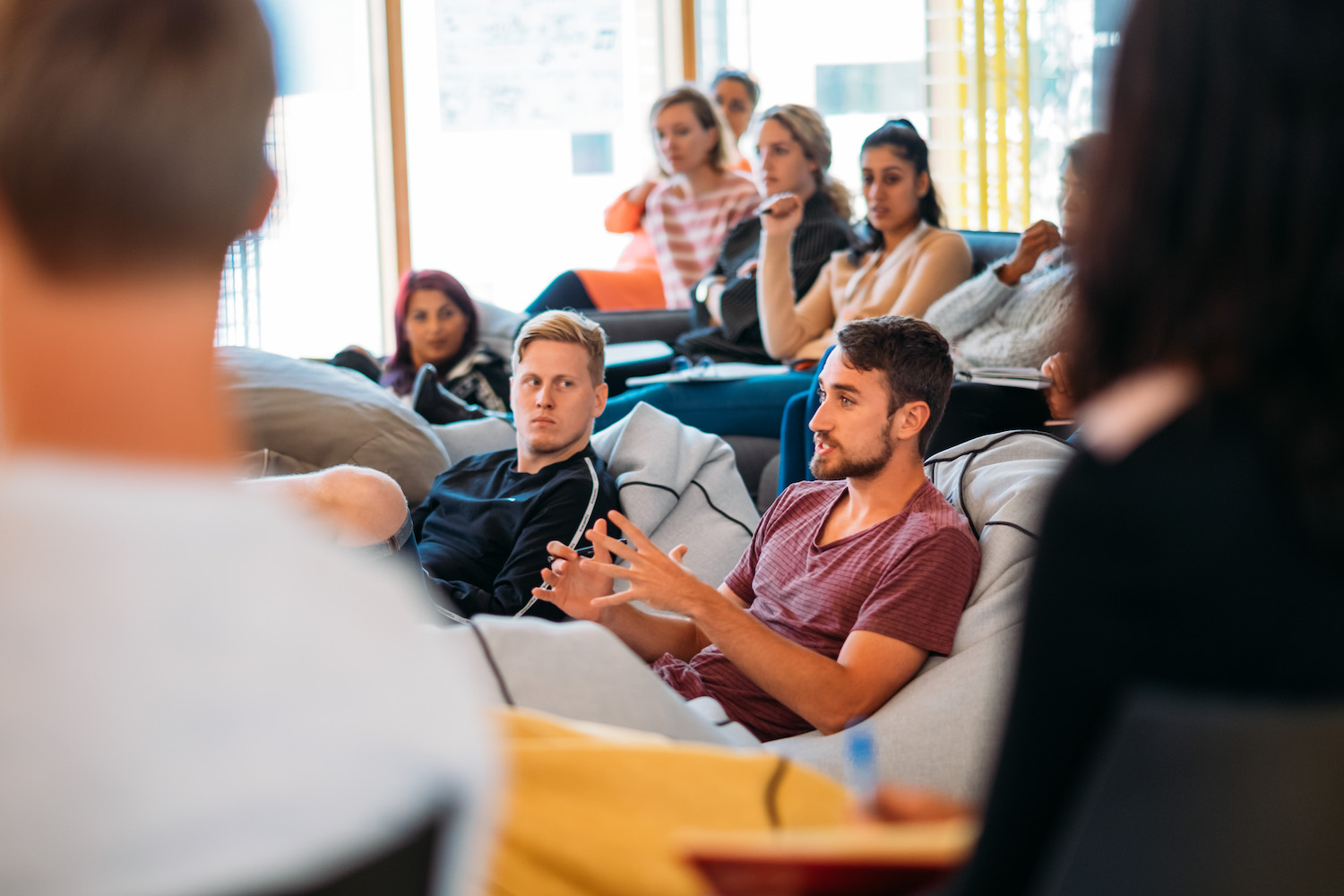Most startups don't fail to start, they fail to grow. Taking the opportunity to learn is a critical part of being an entrepreneur.
Often discussed in startup circles is the commonly held belief that entrepreneurship can’t be taught.
There are certain intrinsic traits vital to entrepreneurship that are, indeed, somewhat hard to learn – resilience, drive and risk appetite.
However, what sets a successful entrepreneur apart, is a commitment to constantly refining very teachable skills.
Afterall, there’s a difference between an idea and a successful business.
Business acumen is key
Executive Director of the Melbourne Entrepreneurial Centre, Professor Colin McLeod says most startups don’t fail to start, they fail to grow.
“They don’t fail to grow because they have bad ideas, they fail to grow because they can’t manage the business that houses that idea.”

“It requires skills like understanding how to manage people, deal with investors, manage suppliers, craft marketing strategies, and construct and read financial statements. These are a teachable set of skills.”
Professor McLeod says the opportunity to learn is a critical part of being an entrepreneur, and formal education looks like a good model. He points to the founders of Amazon, Google, Dropbox, Uber and Airbnb – who all studied entrepreneurship as part of their formal education.
“At the institutional level, the fact that graduates from Stanford University have created about 50,000 businesses that exist today, employing about three million people, and turning over 2.7 trillion dollars looks like a pretty good indicator of entrepreneurship as a teachable skill.”
The responsibility to teach
The slow-down of the mining boom, globalisation and advancing technology mean Australia needs to find a way to pick up the economic slack to stay globally competitive. We need to find the next wave of high-potential talent and arm them with the skills to create the jobs, wealth and opportunity of tomorrow.
Professor McLeod says we can’t just rely on the outliers.
“In any endeavour, there are people who are so ridiculously talented that they can do anything despite not having studied entrepreneurship – the Richard Brandsons and Mark Zuckerbergs of the world. But history tells us that most people aren’t like them”.
He believes we need to increase the chances of success for more founders in Australia.

While in Silicon Valley during the Dot Com Bubble, Professor McLeod saw the consequences of not building a business on a solid foundation.
“I was there when Amazon, Google and Apple were getting started. No one understood the internet, but FOMO (Fear of Missing Out) was driving action. People were getting ridiculous amounts of money for startups that had no more substance than an untested idea. In some cases, people thought if you threw enough money at it, you could make it work. It was a very expensive way to find out that an idea isn’t enough.”
In the current climate of excitement about entrepreneurship, many people are stumbling around in the dark, relying just on their ‘hustle’. Australia needs more businesses to break through and thrive, not just survive. And we need to teach our next generation of founders to seek sustainable growth over quick exits.
Interested in studying Entrepreneurship? The Master of Entrepreneurship at Wade Institute will provide you with the knowledge and skills needed to develop, launch and grow innovative enterprises and to successfully commercialise your own products and services.
Find out more about how you can learn in a completely new way here.